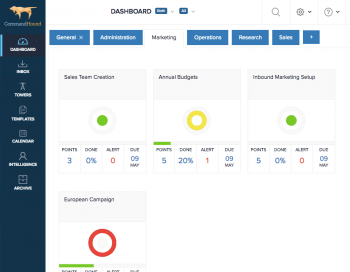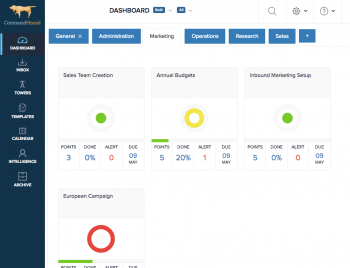It’s no surprise that the San Francisco transportation company is currently going through a much needed cultural change following a tough year in the press. But the questions on all our minds are, what will it take to really change Uber’s culture, and will Uber succeed?
Insights: Management
When a company is charged with financial statement fraud, the first question asked is “Where were the auditors?”
But auditors can only insure accurate financial reports in a robust business environment where every stakeholder has bought into the importance of internal control procedures and their documentation.
Creating an internal control integrated framework over subjective and complex accounting areas such as revenue recognition, loan impairment and valuation is especially challenging, and insufficient internal control procedures can leave an organization dangerously open to fraudulent financial reporting.
Have you ever heard the word “micromanager” used in a positive sense? Neither have I. A micromanager can really suck the joy — and the success — out of a team.
The funny thing is, this kind of manager probably believes that the over-the-top vigilance is a service to the team and to the organization. But no one does his best work when the boss is constantly looking over his shoulder.
It’s no recent news that BT’s Italian accounting scandal has caused the telecom company’s share value to drop by £8 billion and left 4000 staff unemployed.
PwC’s inability to identify the problems at BT Italia means that in 2018, the accounting company won’t be looking through BT Global’s books for the first time since their IPO 33 years ago.
Headache-causing. Frustrating. Sluggish. These are some of the terms that go through our heads when trying to decode the complex regulatory requirements of Sarbanes-Oxley (SOX).
When business owners and corporate leaders get together, it doesn’t take long for them to bring out the war stories of the difficulty of managing and retaining millennial employees.
We’ve all heard the complaints — They feel entitled to promotion regardless of the quality of their work. They have no loyalty. Their work ethic is sub par. Blah. Blah. Blah.
Have you come to terms with the fact that accountability is the missing element to drive your team to excellence?
Back in the day, I had a work colleague who, if she left the office before 6pm, would leave a cardigan draped over the back of her chair, and her office light on so that it would appear that she only had left her desk momentarily, perhaps to get coffee, but would be working late into the night.
We all knew that the boss was watching us and watching the clock — monitoring who came in late and left early. Time was money, and our time belonged to the company.
Executives, decision makers, and management in general have a finite amount of “Management Attention Units” (MAUs). So, what are MAUs anyway? We use this general term to refer to time used by management to carry out core supervisory duties. Management’s time – a very valuable and finite commodity.
Why do some employees seem always to get things done on time and as expected, while others struggle? Is it in their DNA? Is it an organizational culture that condones missed deadlines so that some people do not feel the pressure to perform as well? Are incentives, like bonuses, or penalties, like losing a job, accomplishing their objectives?




